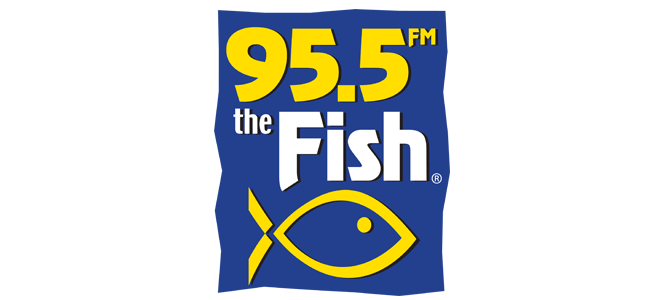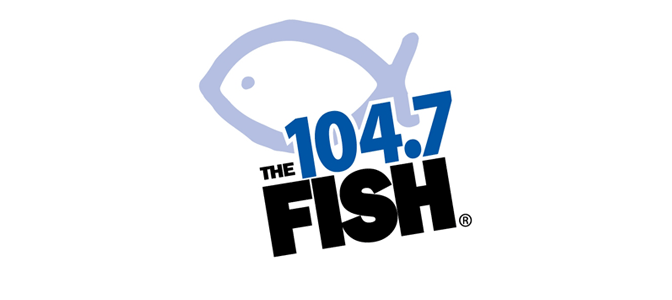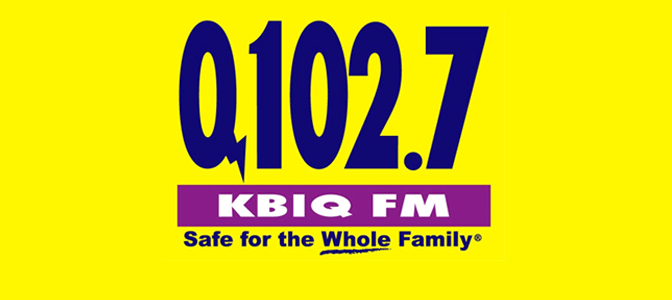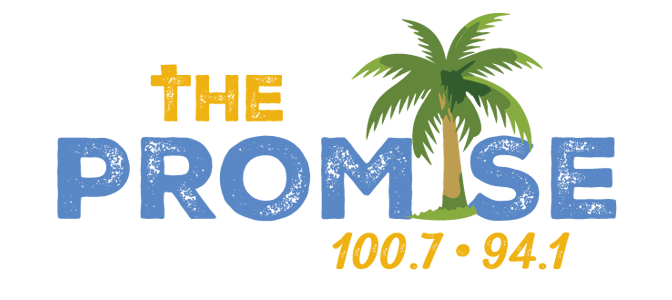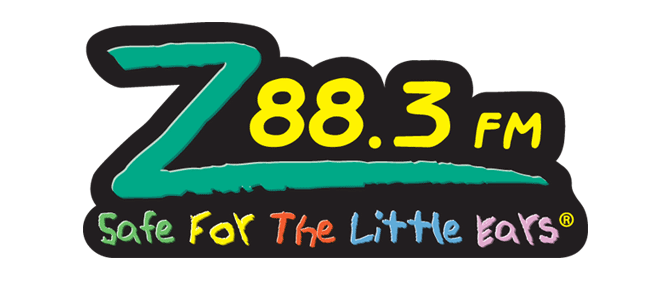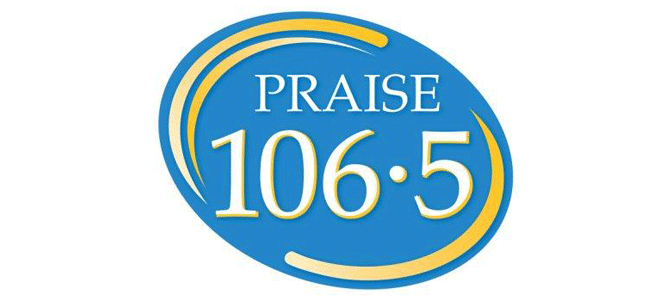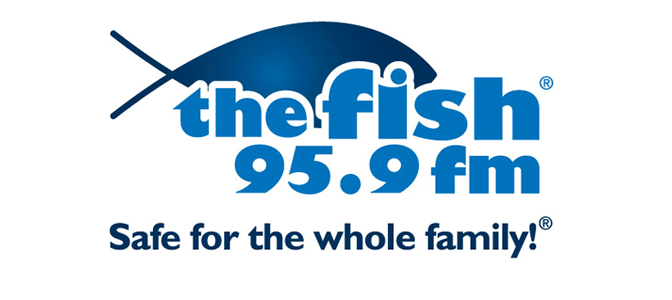A once obscure and meaningless reference in a movie sequel has spurred tee shirt sales, conspiracy theories, and a seize-the-moment marketing campaign by Pepsi.
How can you get people to willingly pay $20.15 for a bottle of pop? Simply connect the mythical date Marty McFly arrived in the future to the mythical soda Pepsi Perfect.
This marketing campaign is fueled by a real psychological phenomena called Baader-Meinhof, which states that whatever you notice grows in importance.
“It’s caused by two psychological processes. The first, selective attention, kicks in when you’re struck by a new word, thing, or idea; after that, you unconsciously keep an eye out for it, and as a result find it surprisingly often. The second process, confirmation bias, reassures you that each sighting is further proof of your impression that the thing has gained overnight omnipresence.” Pacific Standard
You’re shopping for a red convertible with leopardskin seat covers and you begin to see them everywhere. You want a tattoo of the Donald on your trump and you begin to notice tattoo parlors on every street corner on Palm Beach.

In my journeys I regularly overhear conversations at radio stations about things we deem important simply because we notice them. We then invest attention and they become more important still. I could list some of them here but you’d call me a liar and say rude things about me.
“Not everything that can be counted counts, and not everything that counts can be counted.” Albert Einstein







